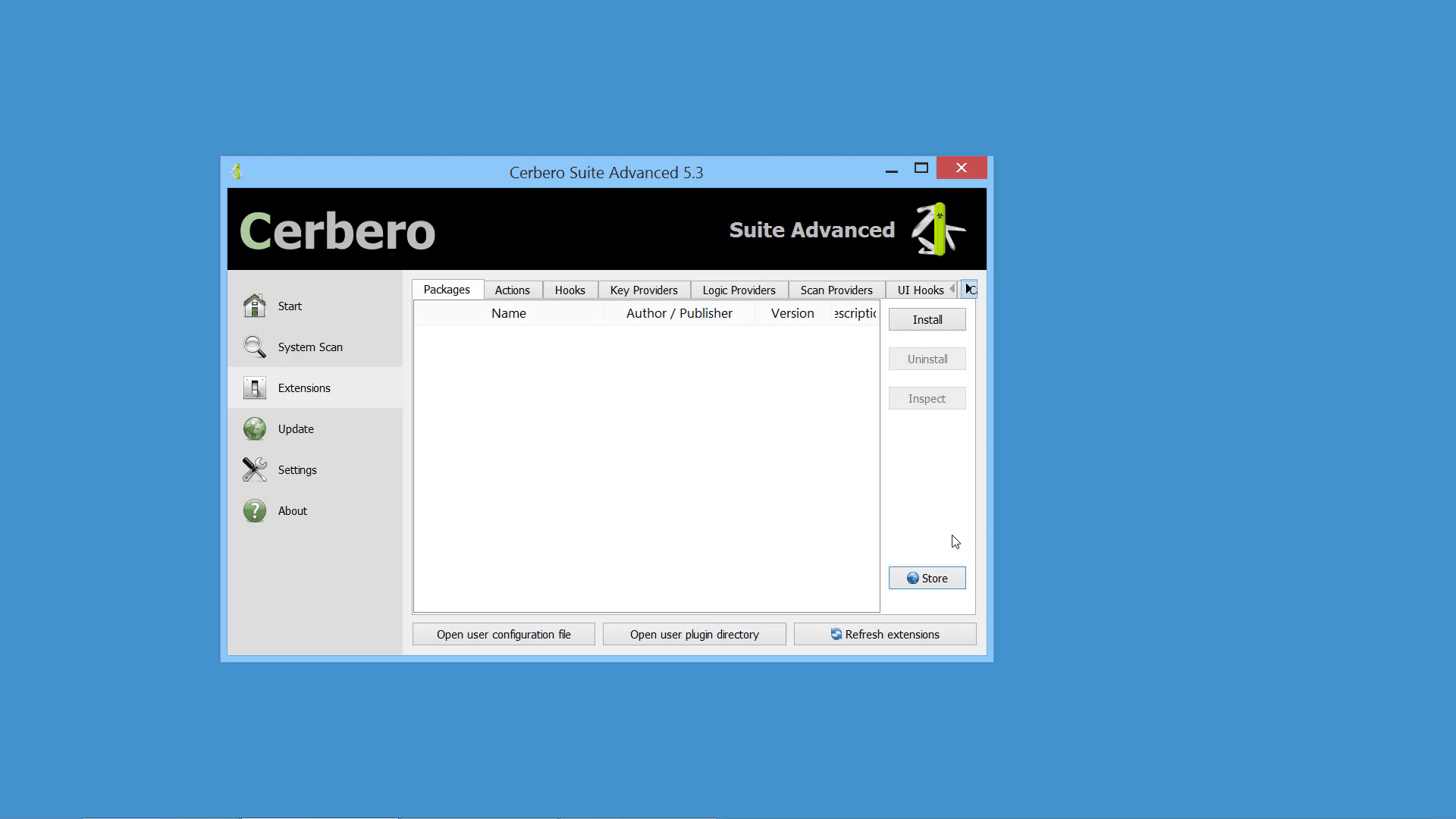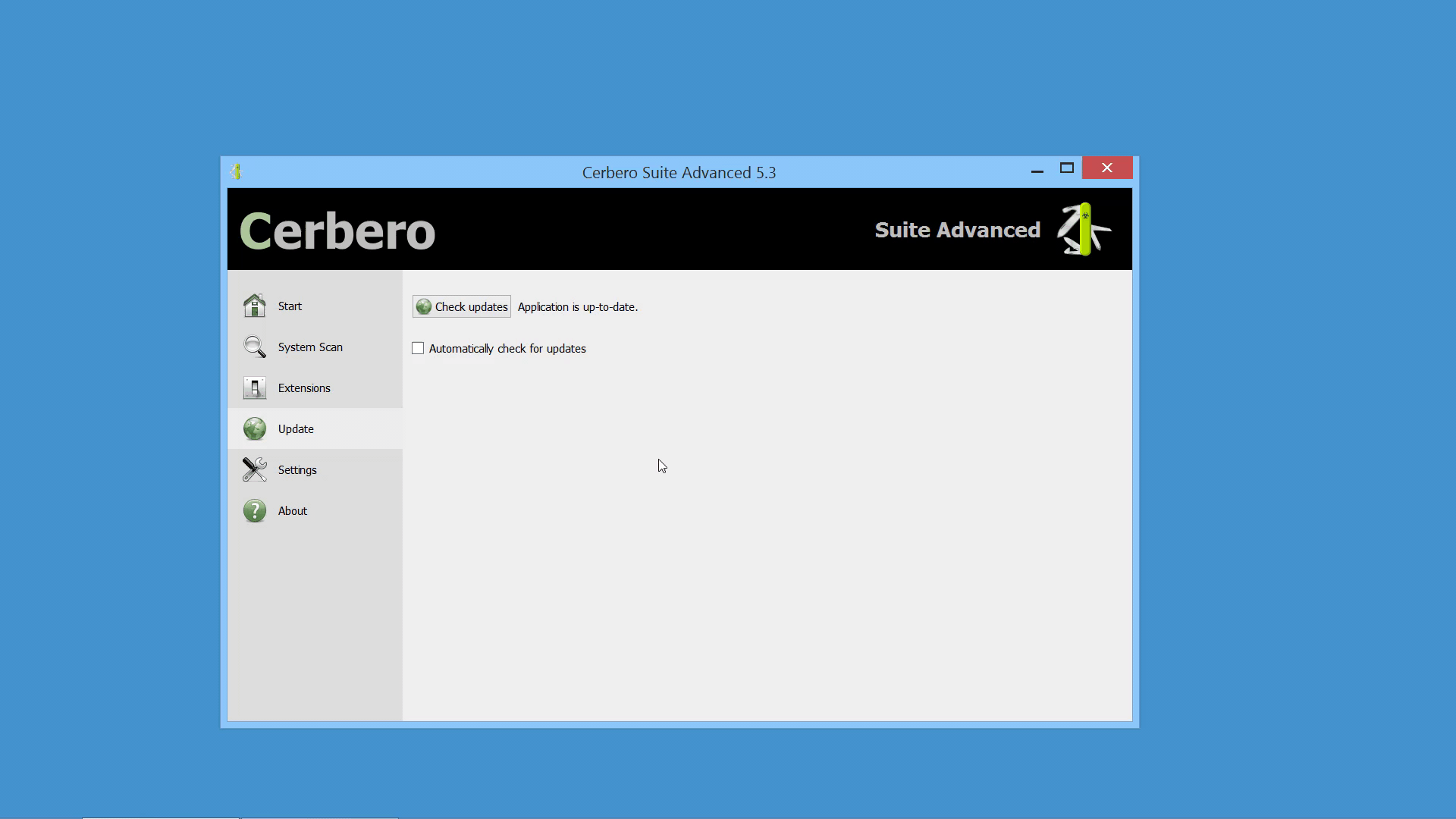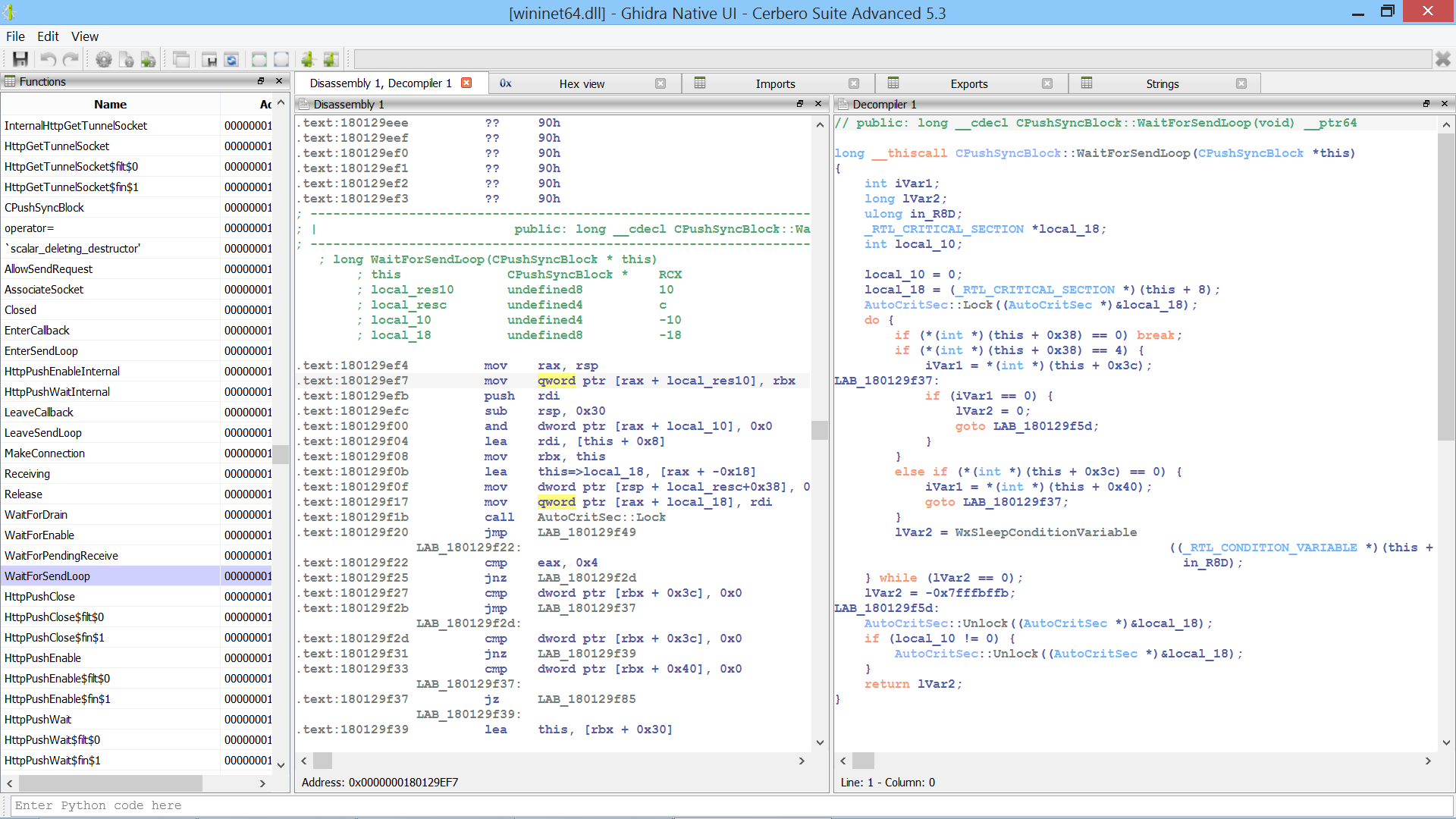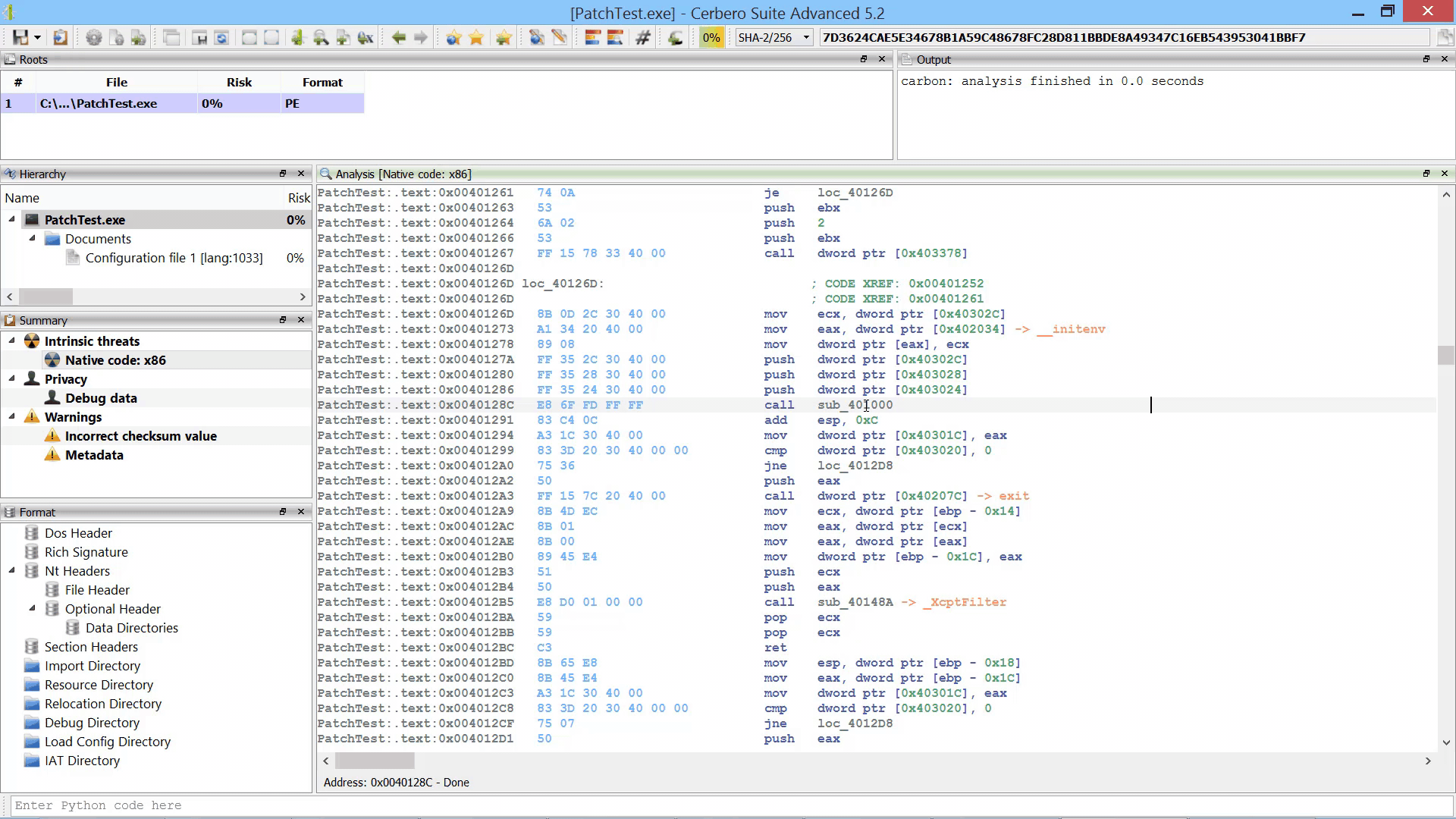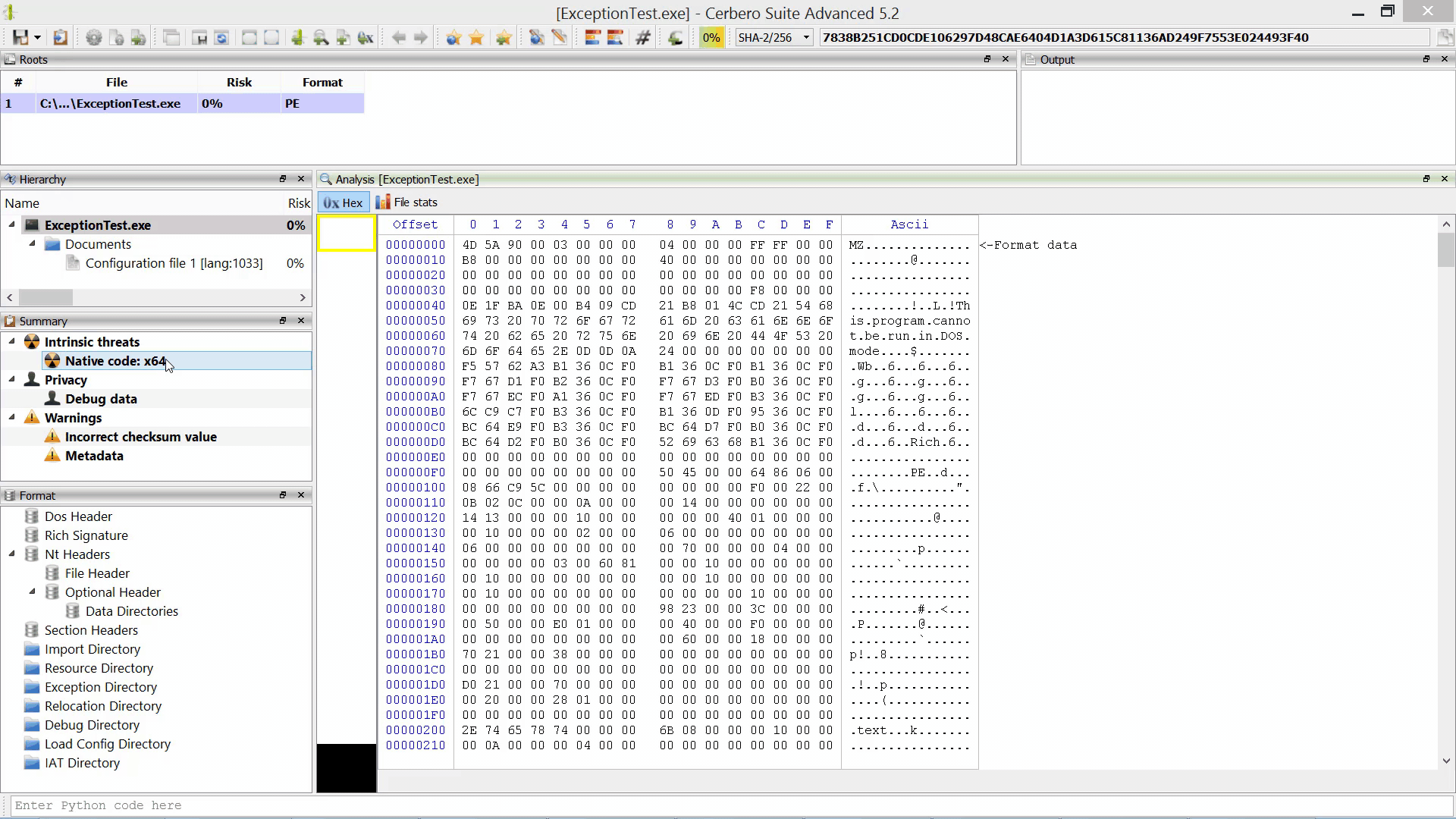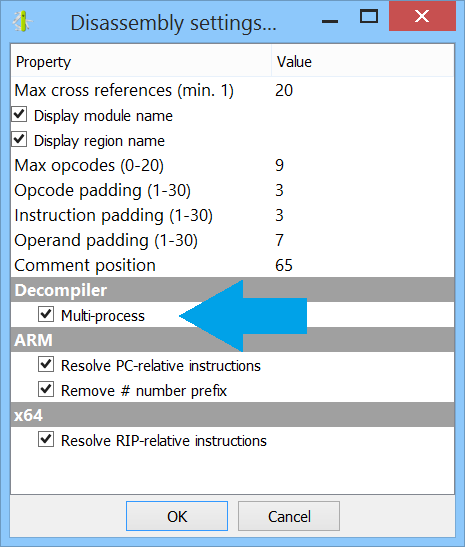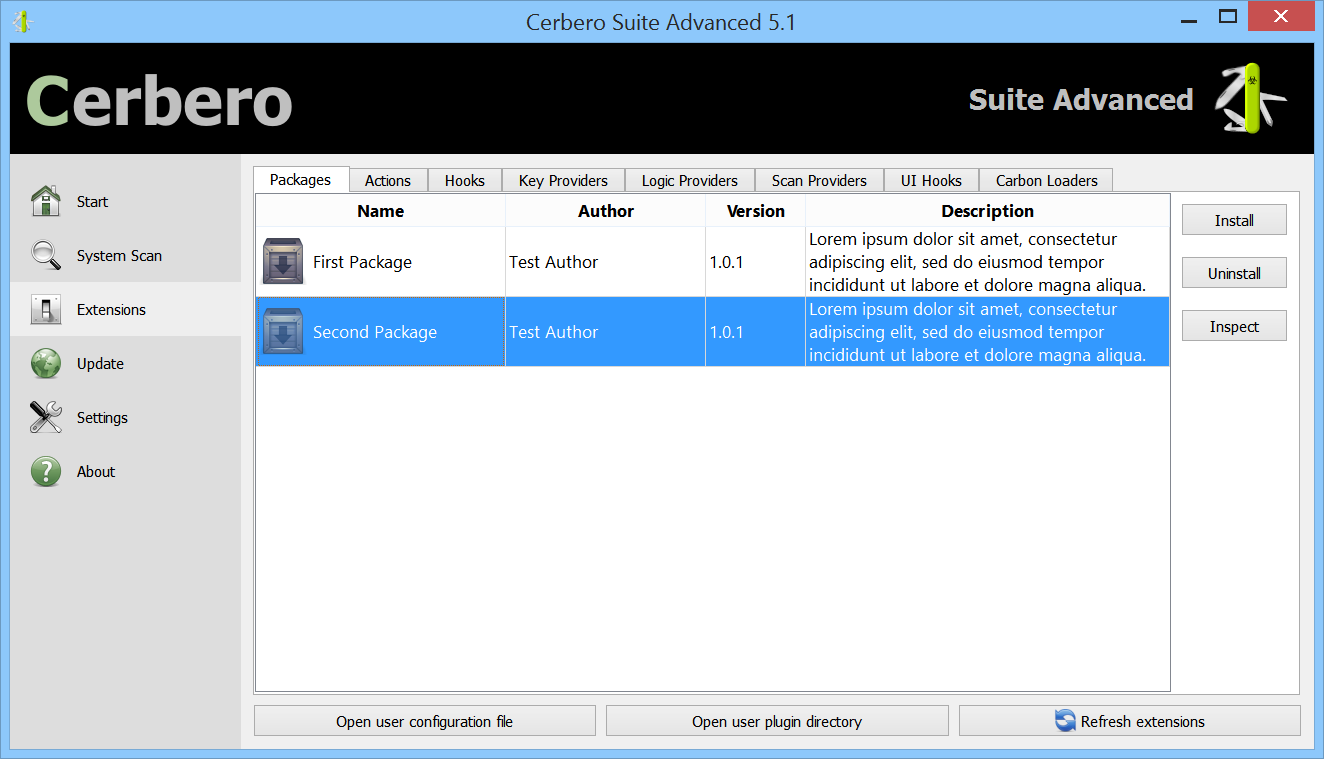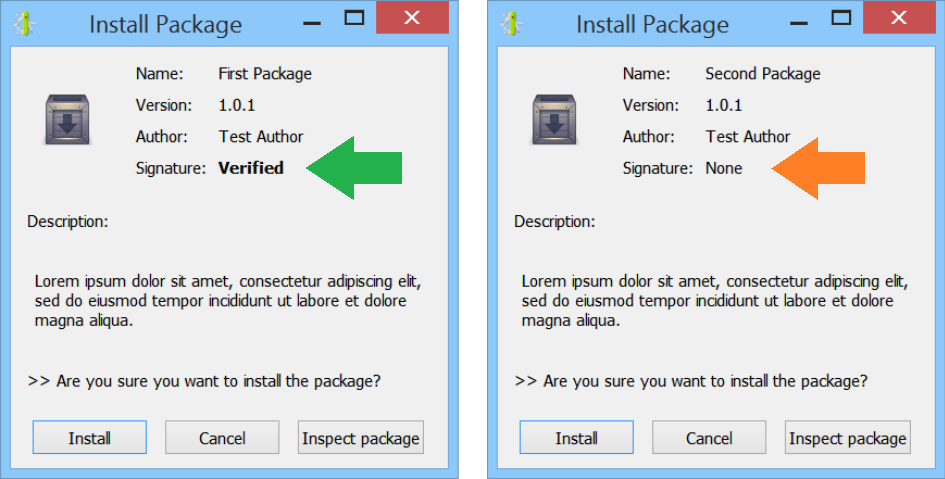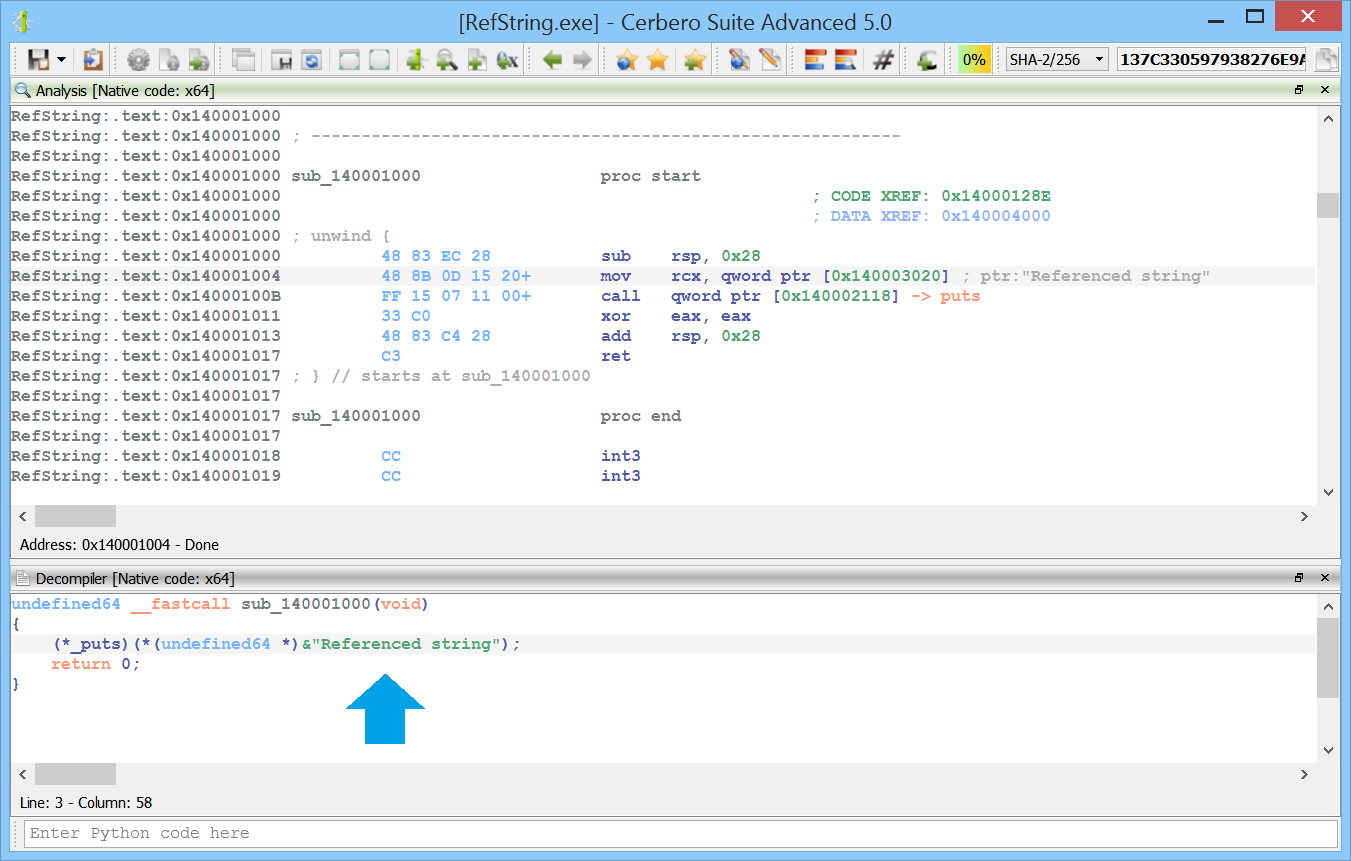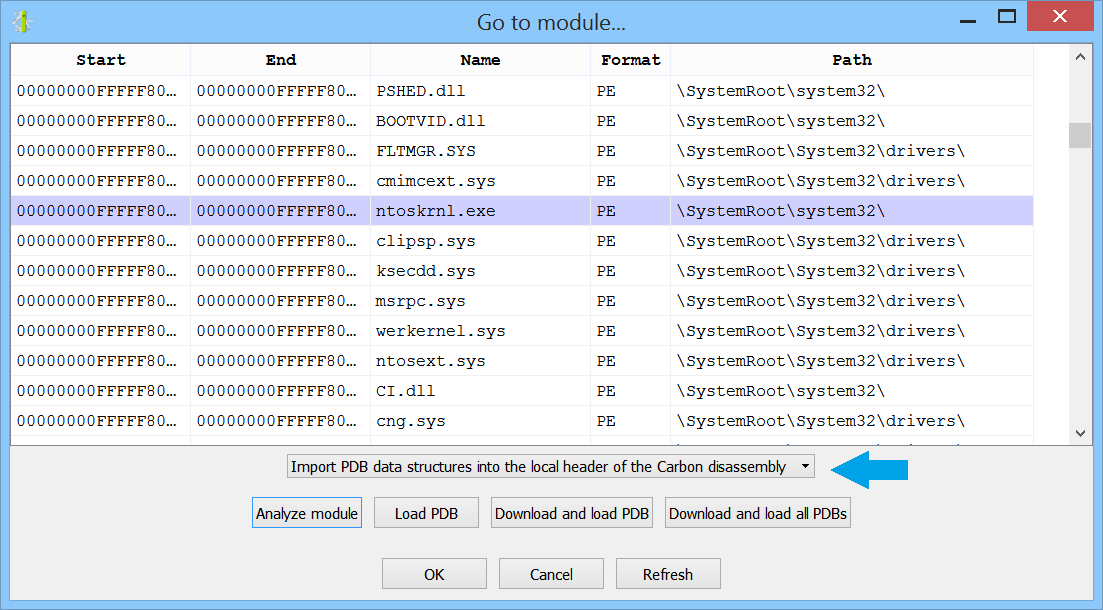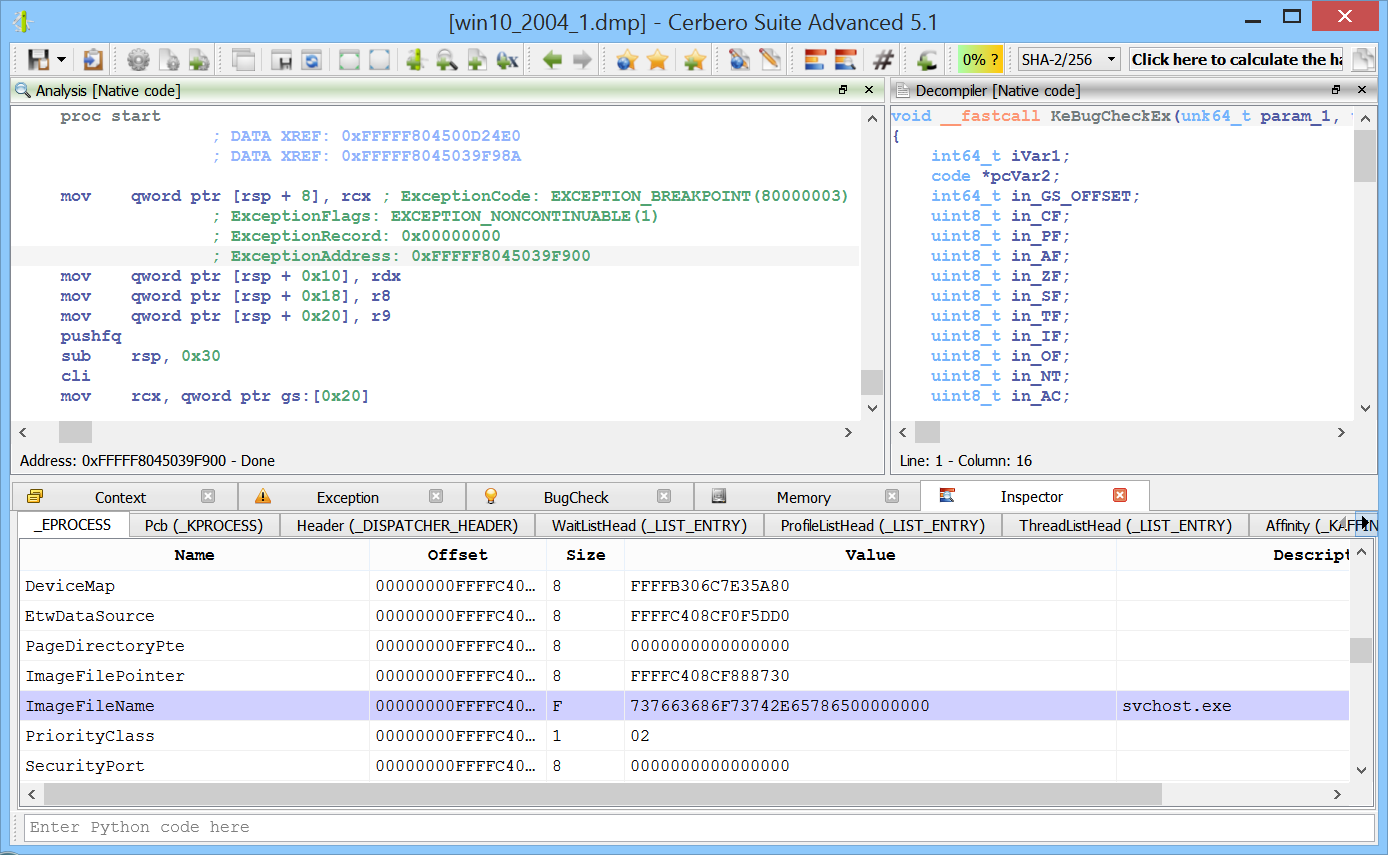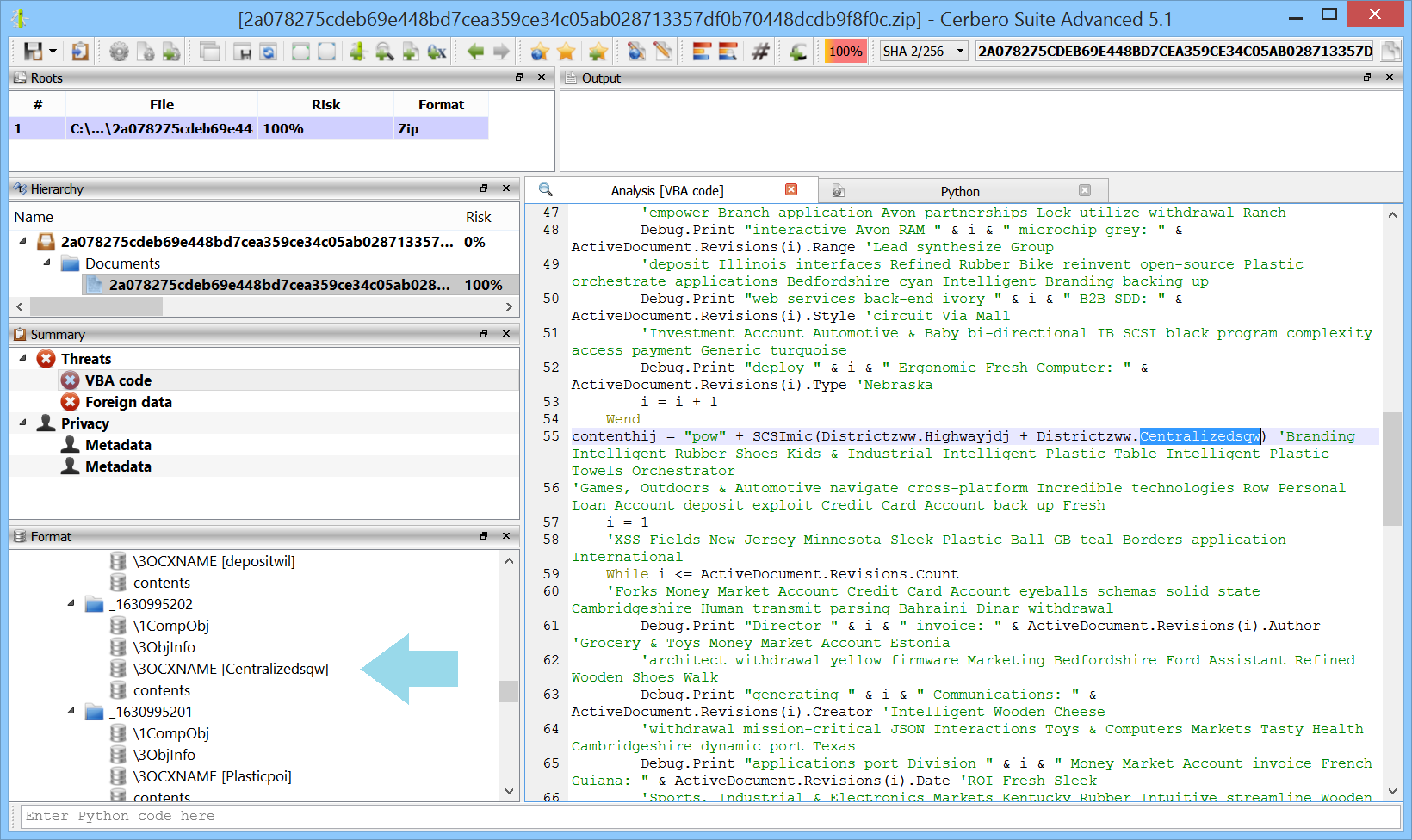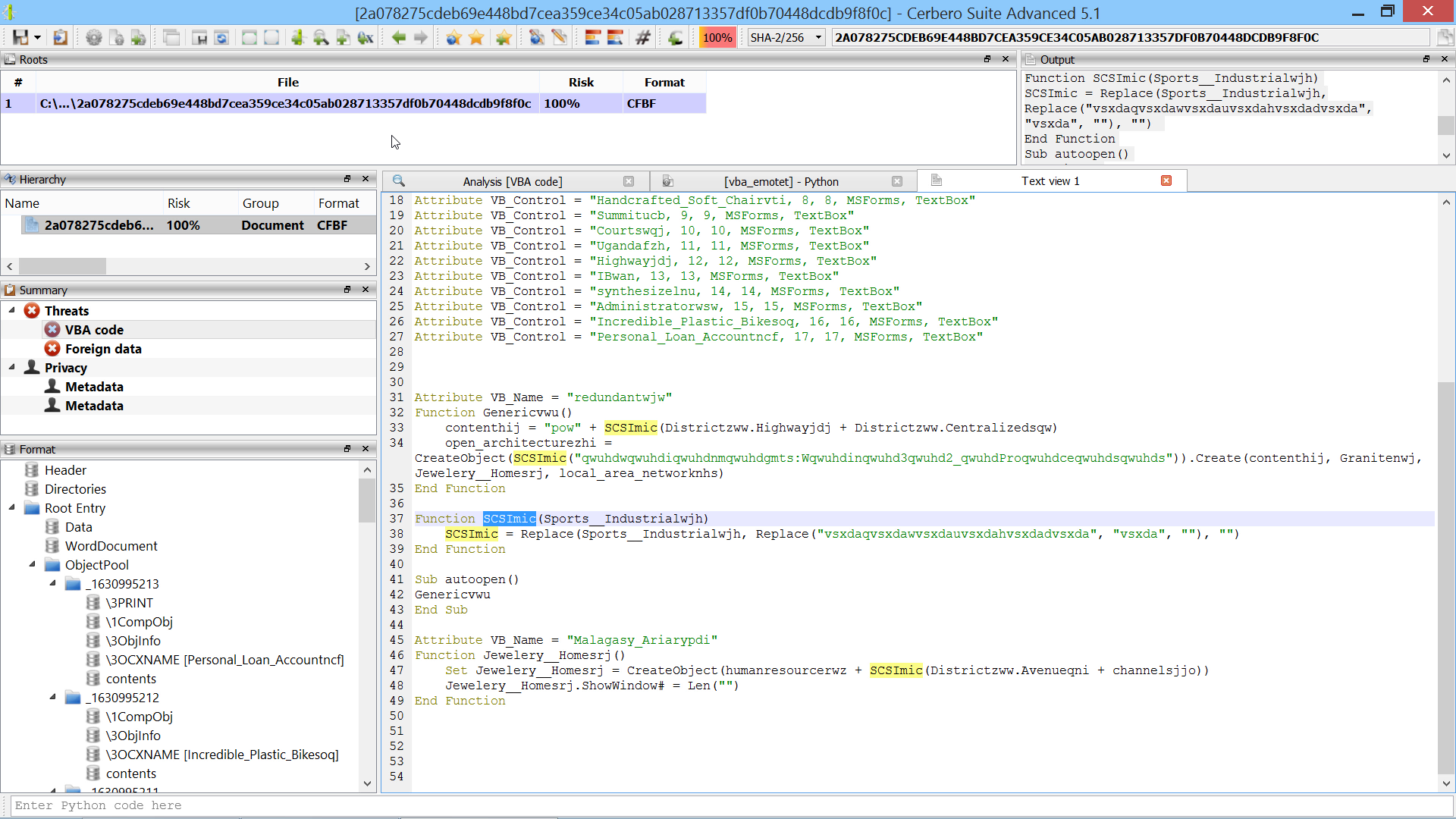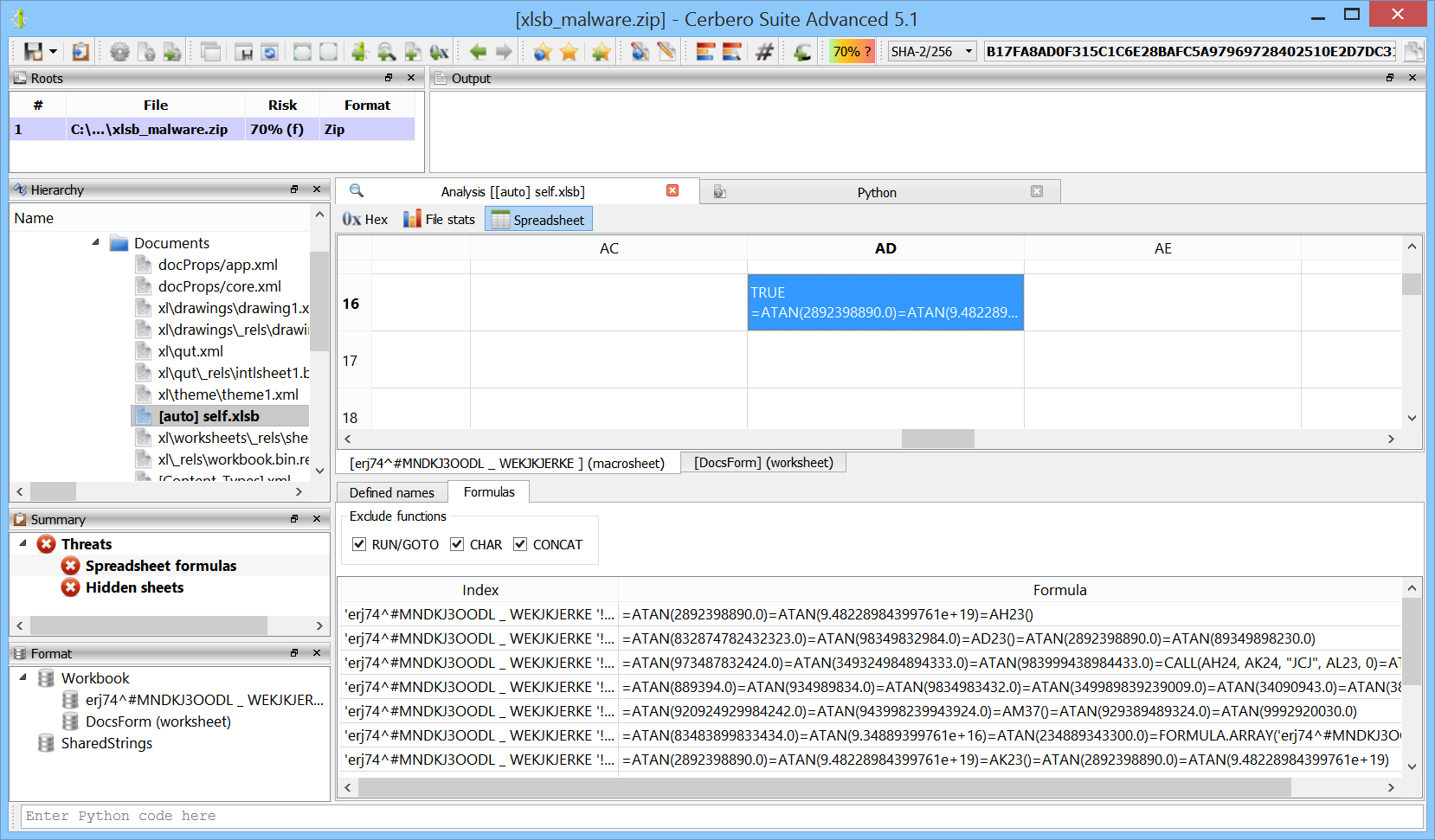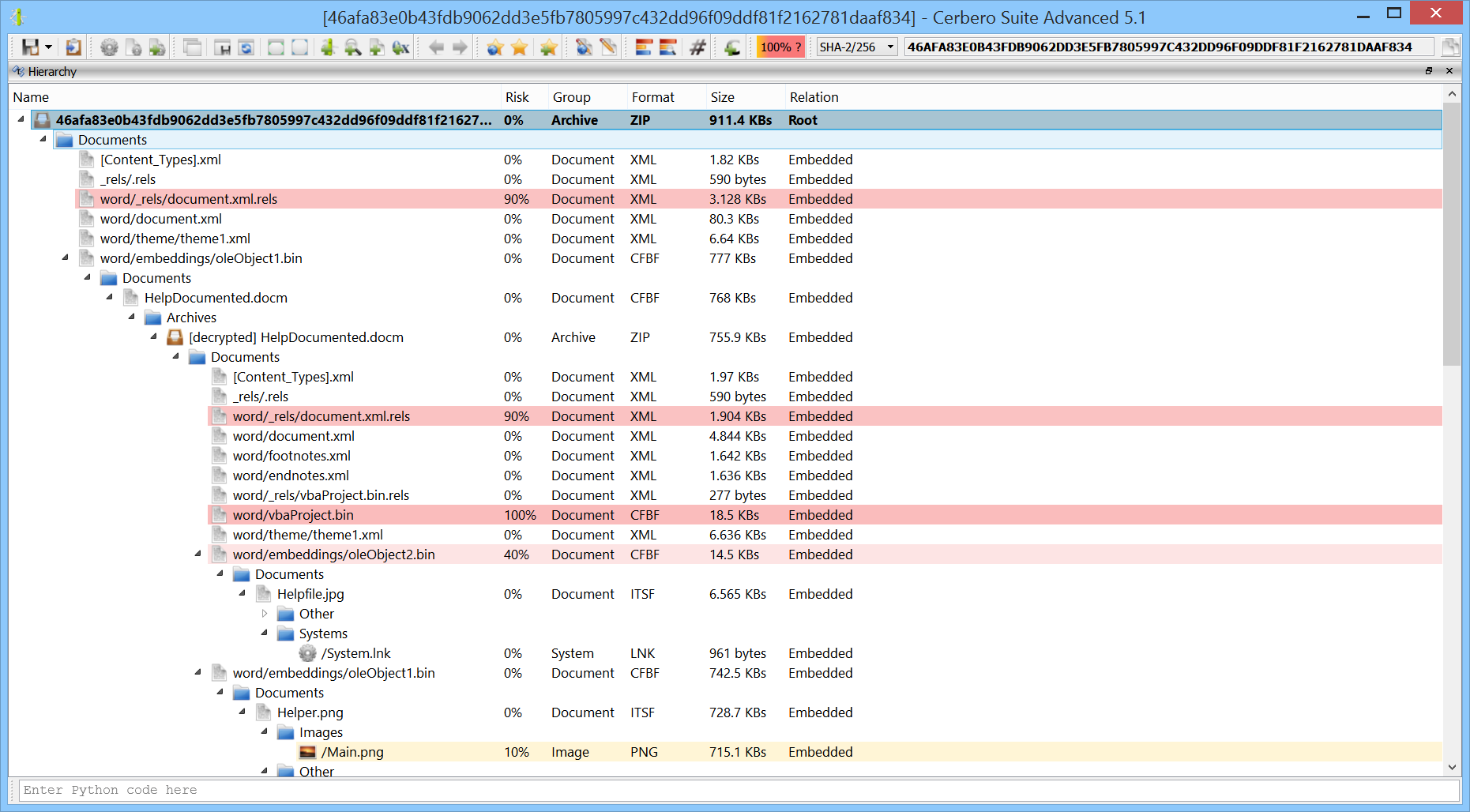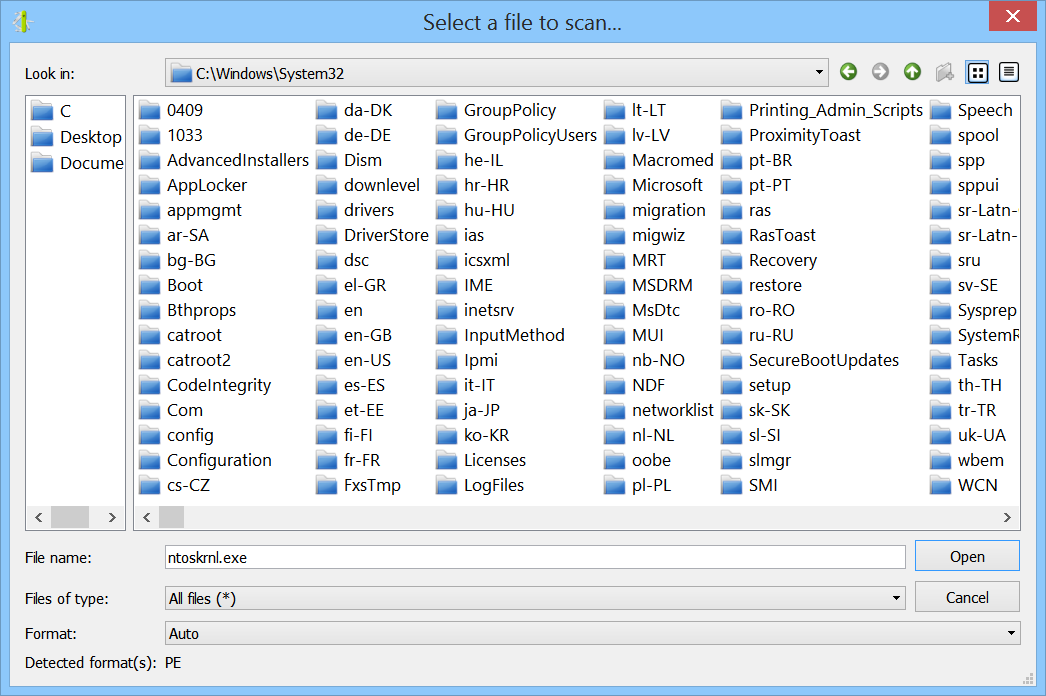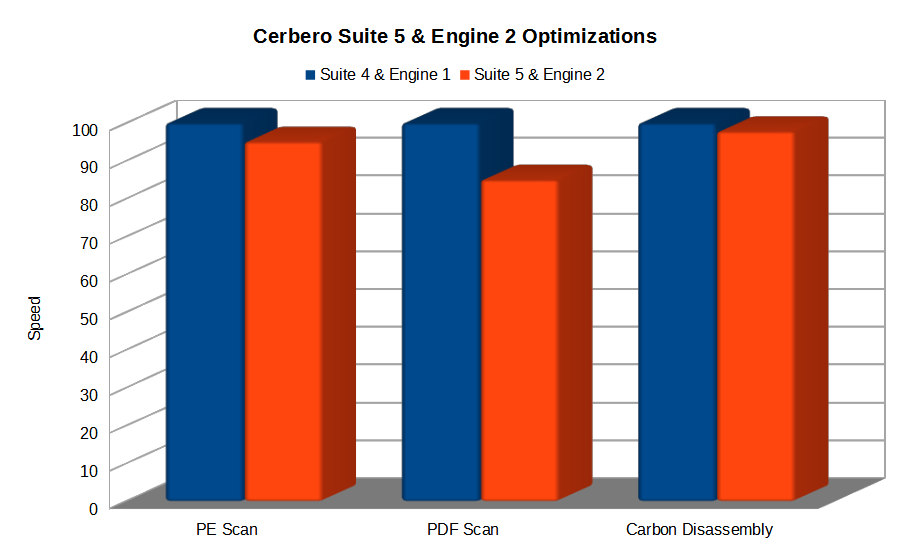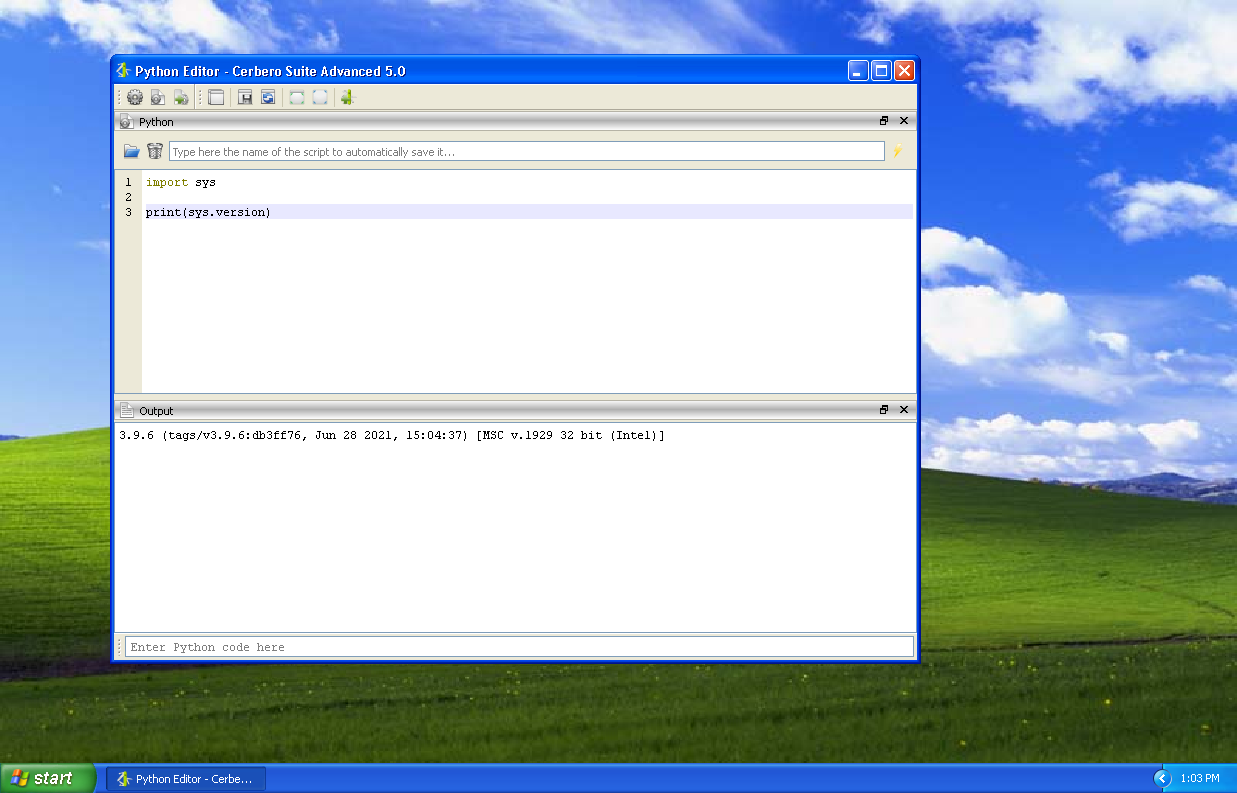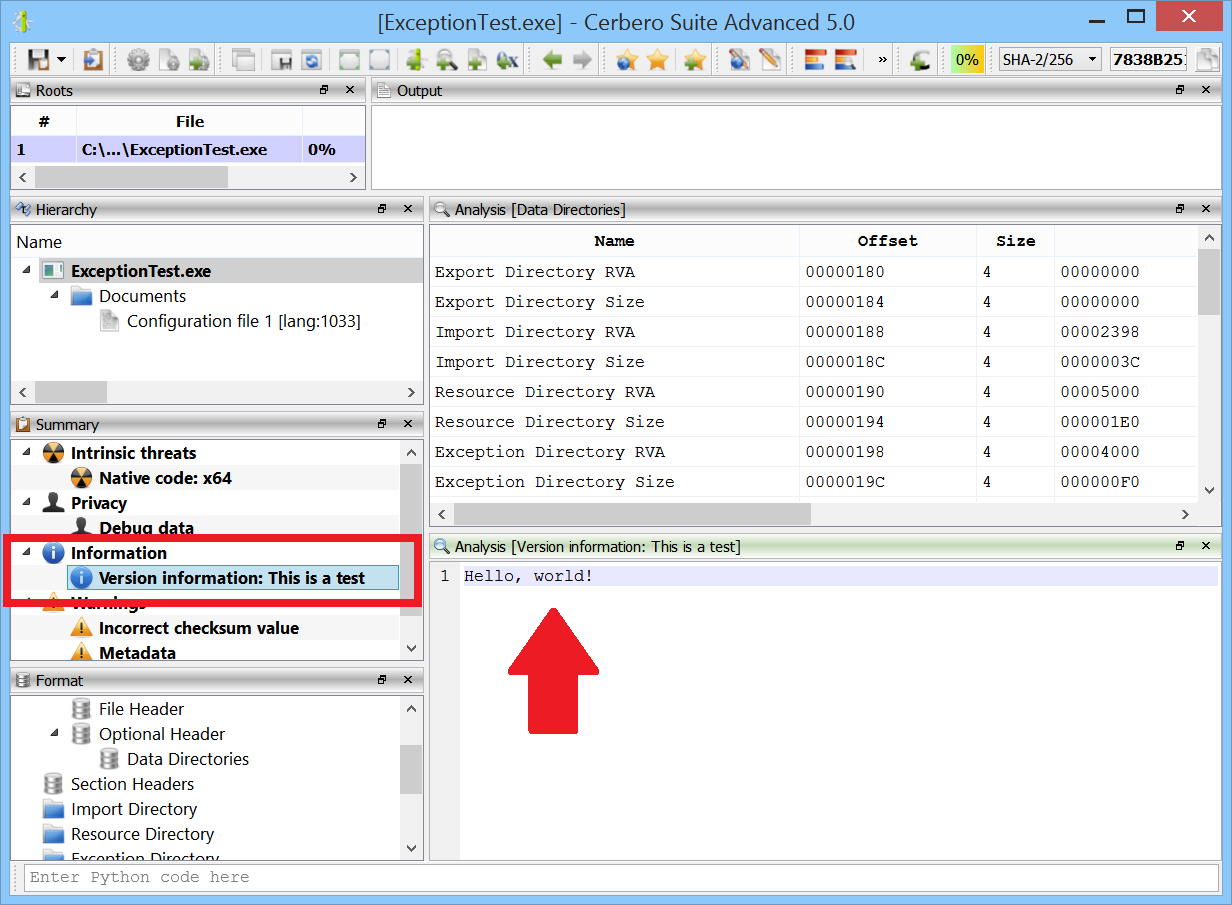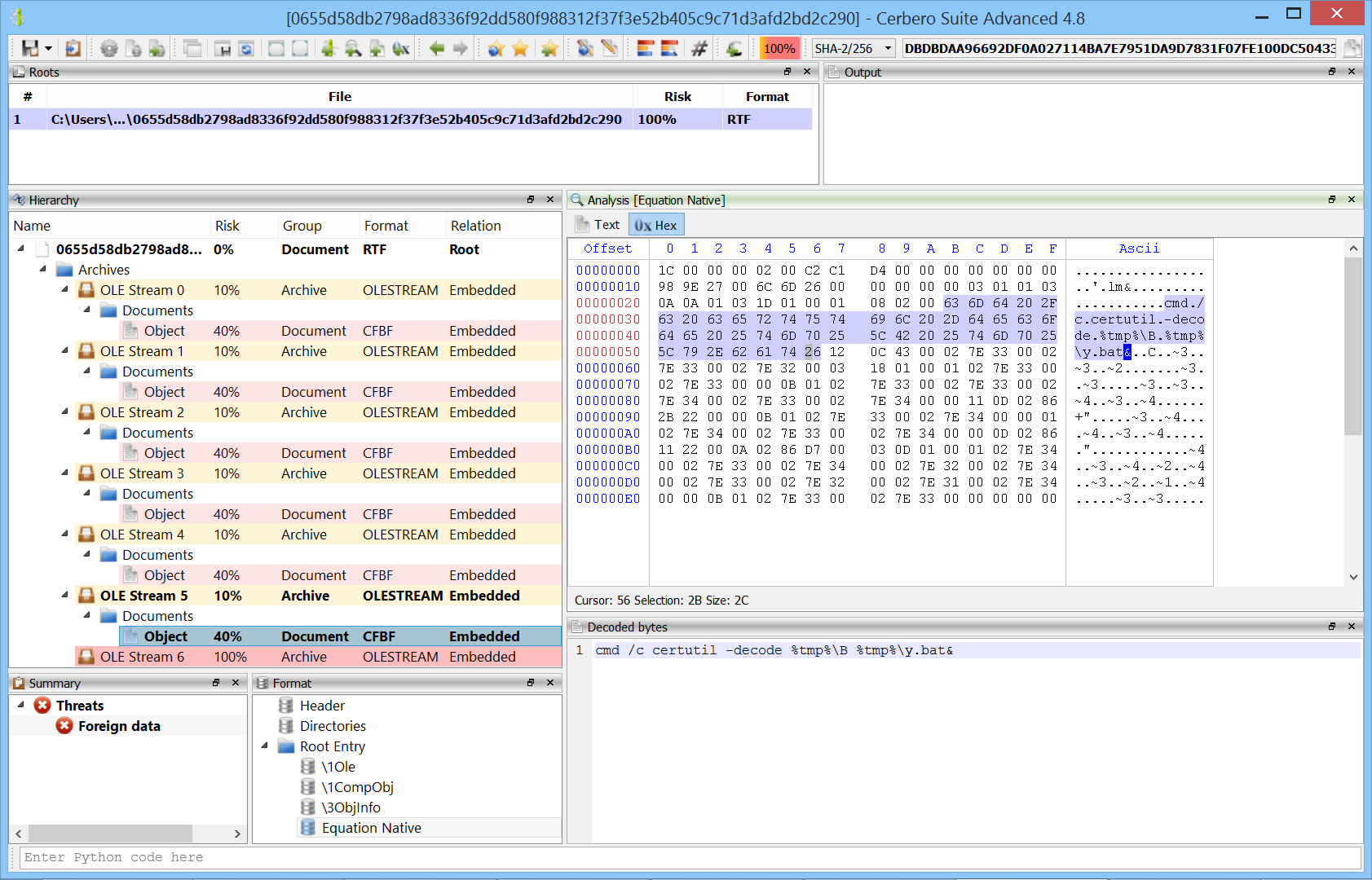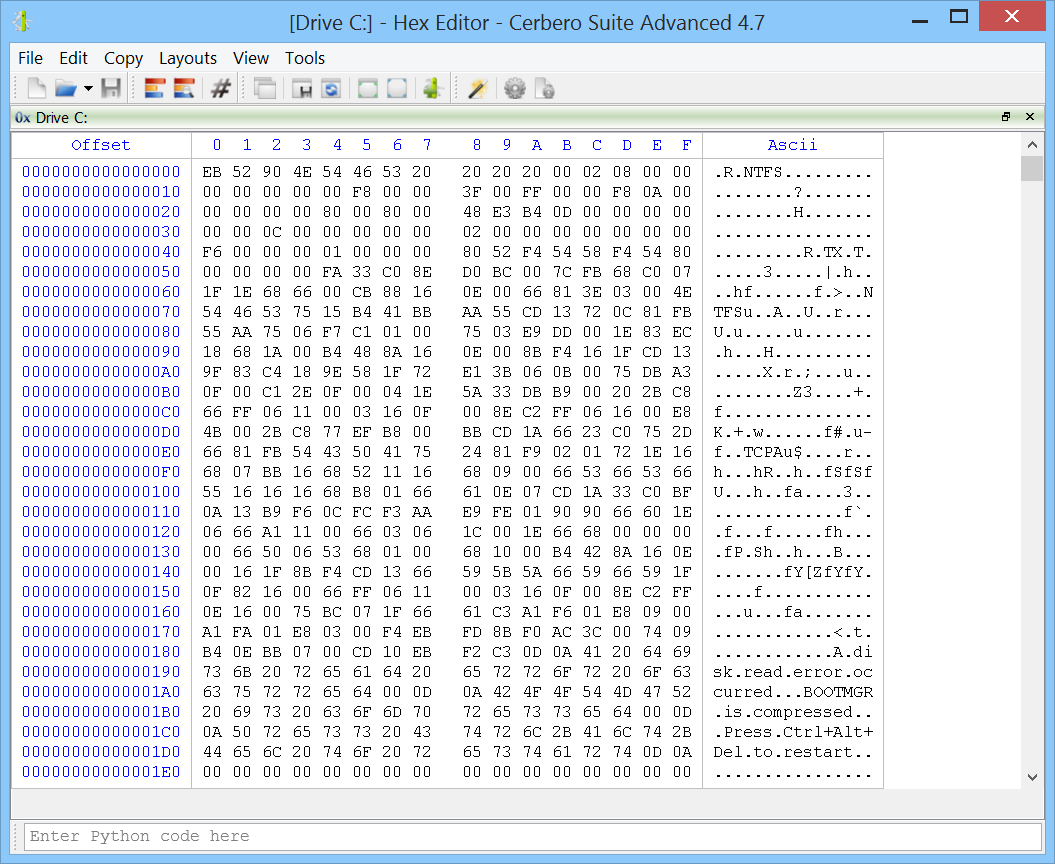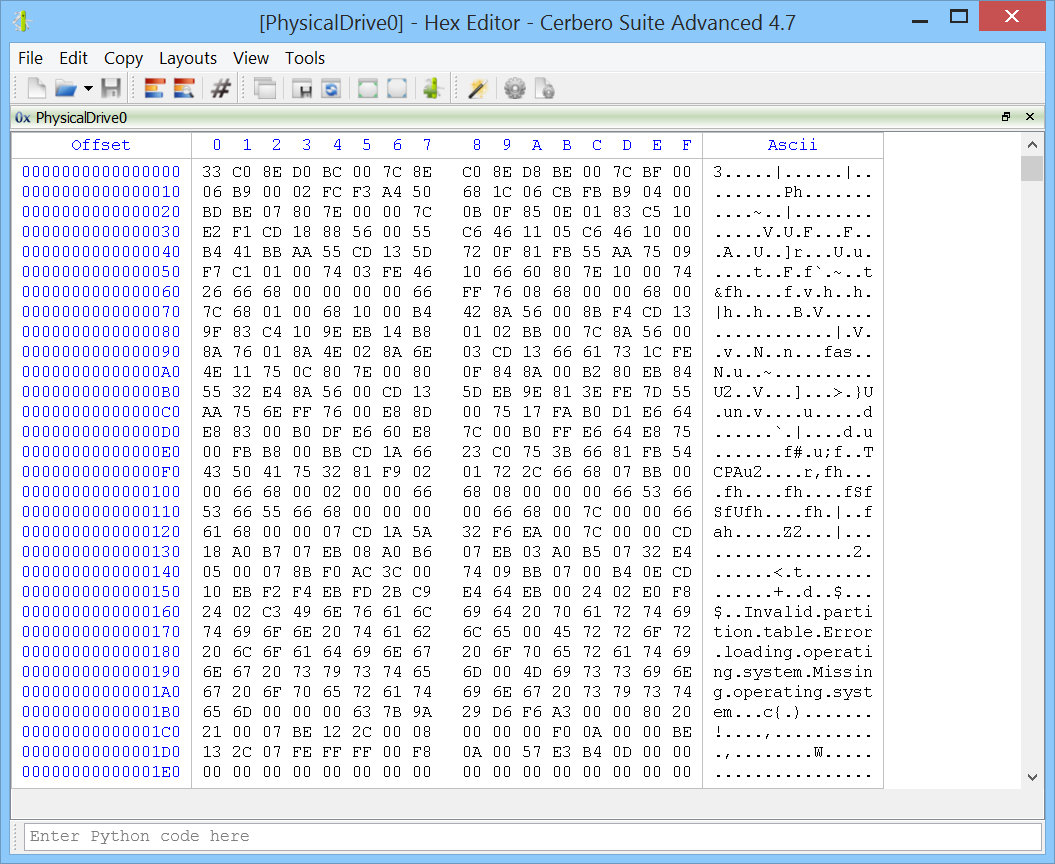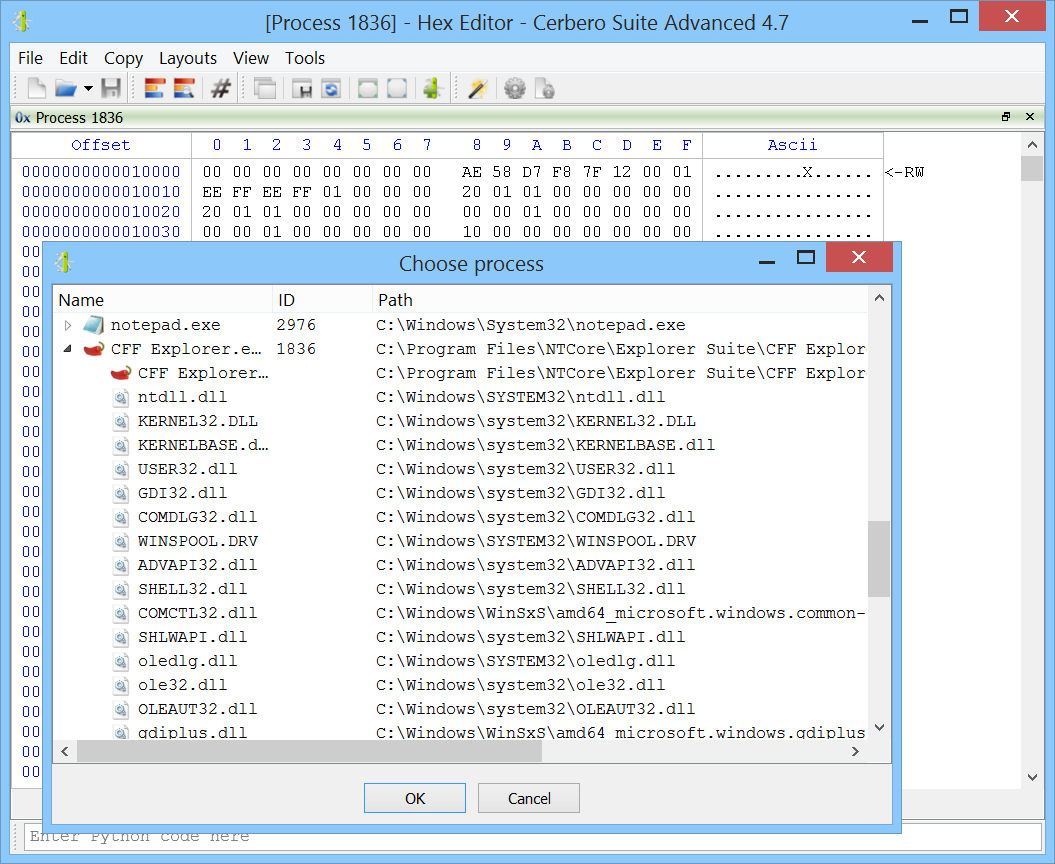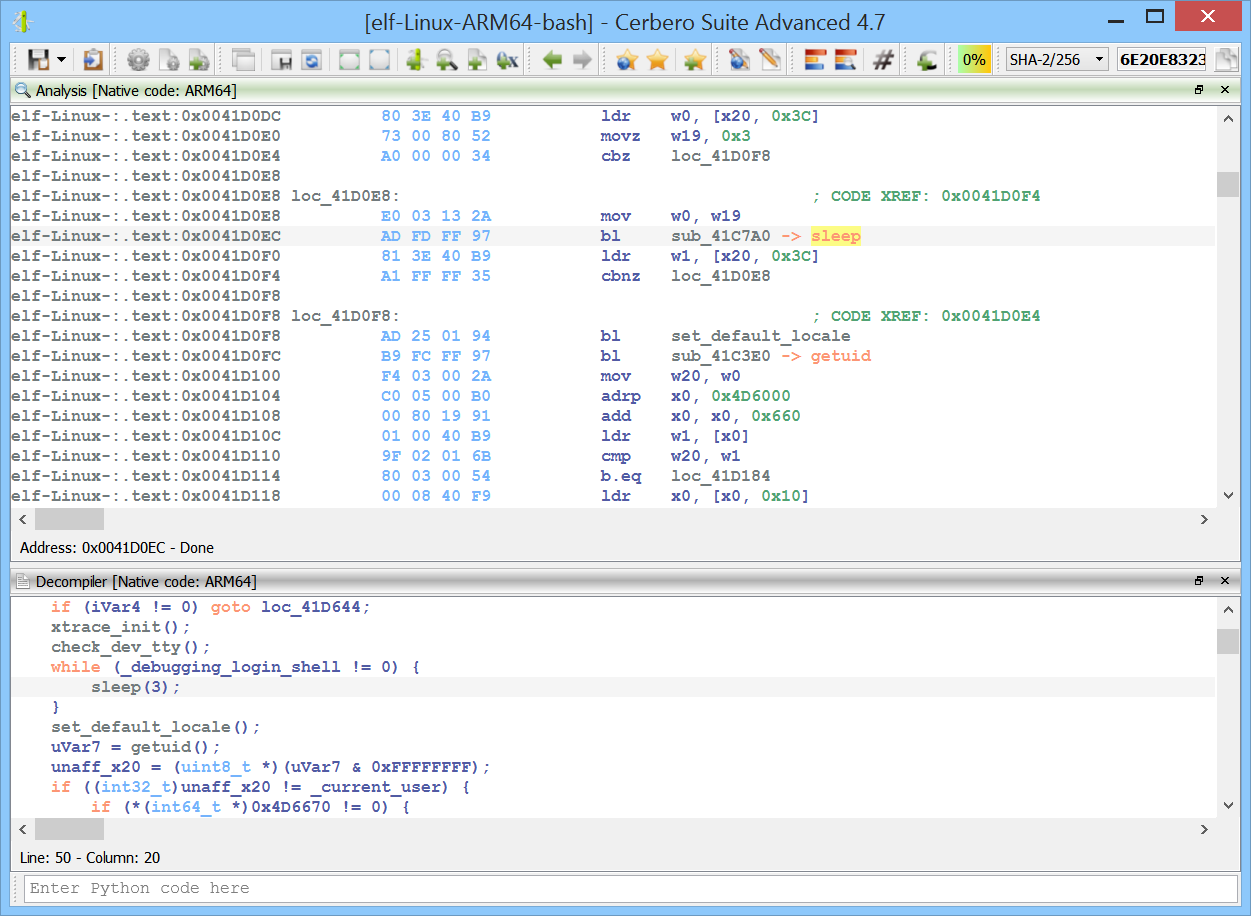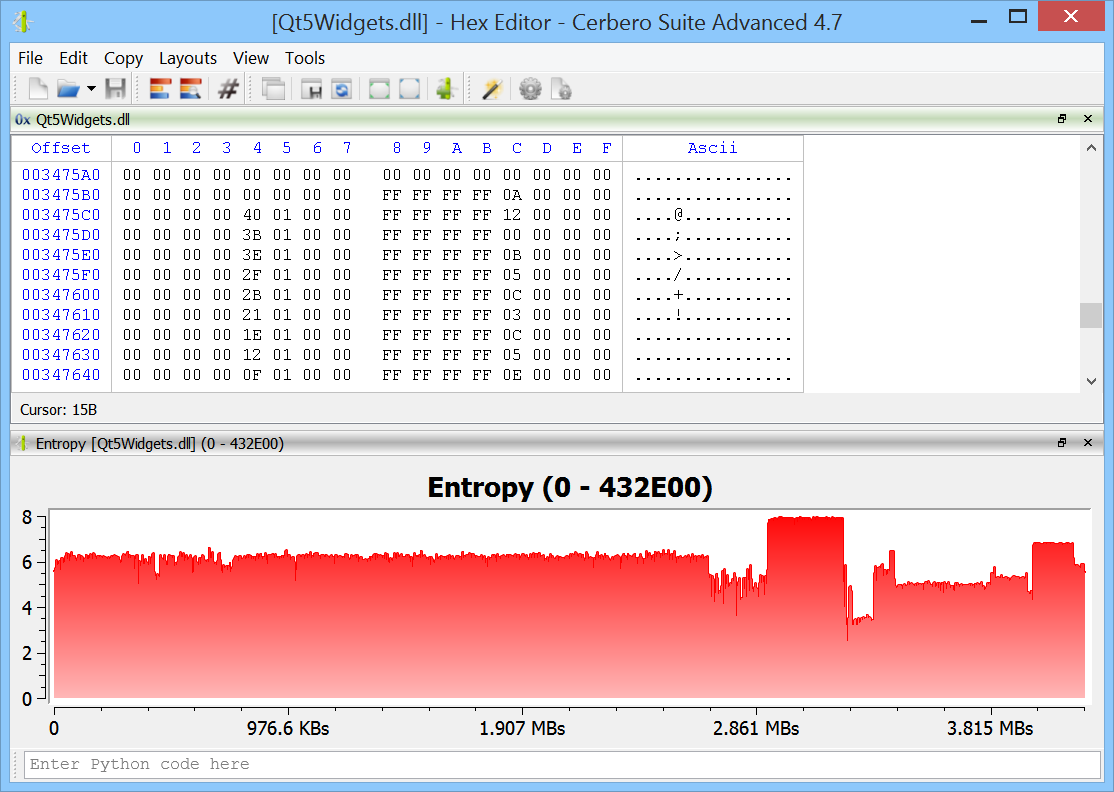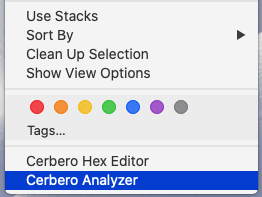We’re proud to present Cerbero Store which will be released with the upcoming 5.3 version of Cerbero Suite and 2.3 version of Cerbero Engine.
A few months ago we released our package technology to comfortably install plugins in Cerbero Suite and Cerbero Engine. Cerbero Store is what we had planned from the beginning when we started working on packages.
But how comfortable is it really to install a package from Cerbero Store you might ask?
It is really that simple.
We had various reasons to create Cerbero Store. Chief among these reason was the necessity to release faster updates. It didn’t make sense to update the whole application just to update a limited part. Also, our software runs on multiple platforms, which means that each update requires us to create multiple software packages. This problem is solved by Cerbero Store, since all platforms share the same package code.
Another advantage of Cerbero Store is that some components which are used by a minority of users can now be decoupled from the main application. In fact, we moved our Windows memory analysis functionality to a package on Cerbero Store. That way all our software packages are sensibly lighter. For instance, our macOS DMG archive dropped from 72 MBs to 60 MBs just for this reason.
We’ve made the update of packages equally comfortable.
Yet another component we have moved to a package on Cerbero Store is our native UI for Ghidra.
The reason for this is that Ghidra sometimes changes its API between releases and breaks our plugin code. So it happened in the past that we had to update our whole application just to update the plugin for Ghidra. This issue has now been solved by having the plugin for Ghidra as a separate package.
Installing and updating packages in Cerbero Engine is done by using the ProManage.py script inside the local ‘python’ directory. E.g.:
./python.sh ProManage.py -store --install "Windows Memory Analysis" or ./python.sh ProManage.py -store --update "Windows Memory Analysis" or ./python.sh ProManage.py -store --update-all
The same command line options are also available in Cerbero Suite.
We took great care in making Cerbero Store not only easy and comfortable to use, but also secure. All our packages are digitally signed and if someone managed to tamper with our packages online, the installer would refuse to install them, because they would no longer feature a valid signature.
The only thing you need to access Cerbero Store is a current license for either Cerbero Suite or Cerbero Engine. Not all packages available to Cerbero Suite are also available to Cerbero Engine and vice-versa. Certain packages may only be available to the advanced edition of Cerbero Suite, while others may be reserved to commercial licenses.
In the next months we’ll be releasing new features not only in our applications, but also as packages on Cerbero Store, so make sure to follow us on our blog, Twitter or LinkedIn to stay up to date with the latest news!
